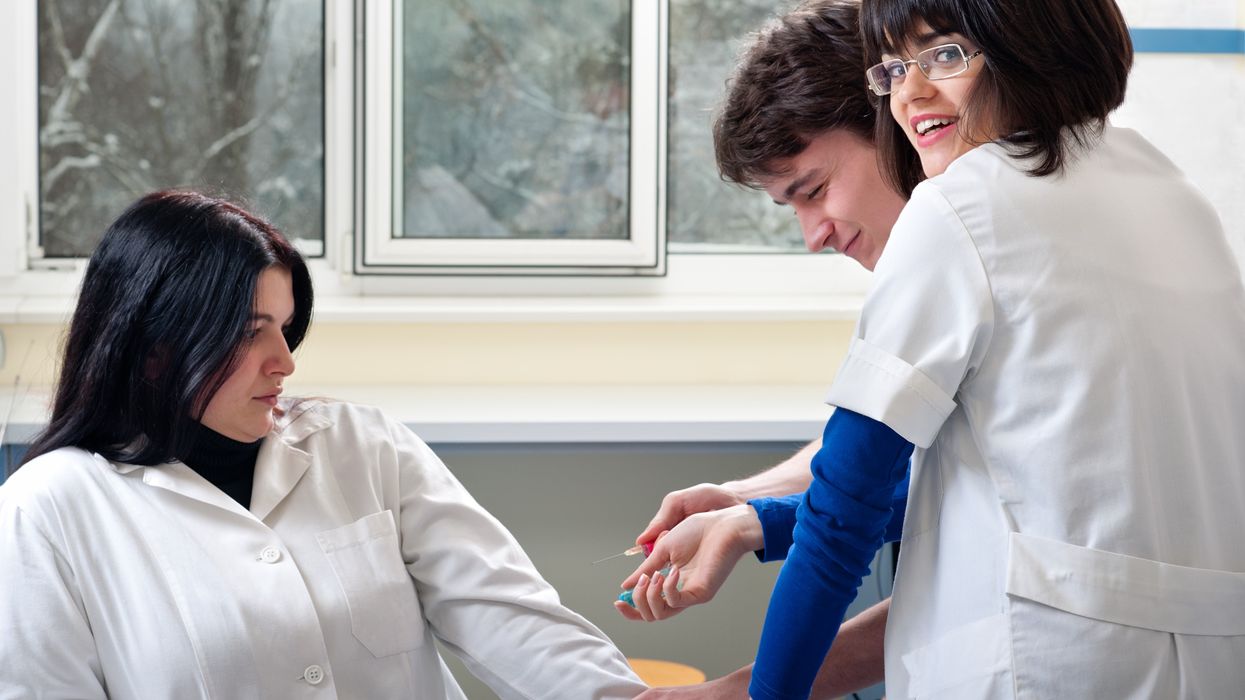Three leading pharma bodies have generally welcomed the recent update to the five-year Community Pharmacy Contractual Framework (CPCF) but are all concerned about some key decisions, especially the decision to keep the global sum fixed at £2.592 billion.
Announced on Sunday, some of the key changes to the CPCF were:
- Funding will remain at £2.592bn but this includes an increase for Transitional Payments from April
- The Pharmacy Access Scheme (PhAS) will continue for another year in its current format
- Pharmacy Quality Scheme review point in February 2021
- An extension to the Community Pharmacist Consultation Service (CPCS) and the introduction of a new Discharge Medicines Service, to build on referral services
- Discussions on the introduction of NHS travel vaccination services from pharmacies, subject to negotiation
- Hepatitis C testing services from April
- NHS England will start pilots in April on blood Pressure testing, point of care testing and smoking cessation referrals
In a statement, the Association of Independent Multiple Pharmacies (AIMp) today said there was little to welcome in the latest announcement.
Referring to the example from Wales, an AIMp spokesperson called NHS Discharge Medicines Service (DMC) not sufficient in making up for a reduction in MURs and other recent impacts on community pharmacy funding, like the minimum living wage.
Loss of income will hurt struggling community pharmacies
“There are still many areas that require clarification, and this makes it difficult for community pharmacists to plan. MURs have been almost fully removed (down to 100) and this loss of income will hurt the already struggling community pharmacies badly, hence, to have the GP CPCS referrals with no clear start date after April 1 which was the previous steer is disappointing,” the organisation said in a statement.
“It is pleasing to read how well the 111 referrals and urgent medicine services have been received outside of the pharmacy sector and how well community pharmacy teams have picked these up. This demonstrates how pharmacy can support change and embrace new initiatives - when we are given a chance.”
The Association warned of an immediate reduction in income “at a time when many pharmacies are simply struggling to survive”.
“AIMp members have also identified that the £14 payment is not reasonable for CPCS as a professional service given the time required to dedicate to look after patients.”
The organisation also expressed concern over the Hepatitis C service that "it is very small, limited and will not be delivered at every pharmacy."
“The lack of clarity around PQS and transitional payment is disappointing,” the AIMp spokesperson further said, adding that the organisation would like to see more detail around this as soon as possible to ensure the funding is distributed to current and developing activities in community pharmacy which are delivered through all community pharmacies.
“The difficulty in containing the increasing costs over the last year combined with the continuous lack of funding over the coming months is a slap in the face for the sector. We would strongly encourage a sense of urgency to take into consideration the current challenges affecting community pharmacy teams and their patients,” the statement read.
Commenting on the CPCF 2020-21 arrangements, the National Pharmacy Association (NPA) has welcomed the further integration of community pharmacy clinical services within NHS pathways and called for a “well-developed and properly integrated role in clinical services” for community pharmacies.
“The current core funding for England’s pharmacies isn’t enough to achieve the transformational improvements the Secretary of State says he wants over the coming years. This is a fact that NHS chief Simon Stevens really must respond to, in order to meet policy objectives like improved access to primary care,” an NPA spokesperson said.
“The outcome of the first annual review of funding under the contractual arrangements will affect the extent to which pharmacies can successfully take the path that’s being laid. That is why, to inform the review, the NPA has commissioned an expert economic analysis of the sector’s capacity to deliver new services and sustain improvements over the five years of the contract and beyond.”
The Royal Pharmaceutical Society (RPS) also expressed frustration “that money remains at the same rate for new services and limited details on some of the updates in the deal”.
Claire Anderson, Chair of the RPS English Pharmacy Board, said: “Pharmacists and community pharmacy teams work incredibly hard every single day but they are already extremely stretched financially in terms of resources and capacity. The wellbeing of the workforce needs to be a priority to ensure they can deliver on this deal. We would like to see this integrated into future agreements between PSNC, NHSE&I and DHSC.
“With the expansion of the Community Pharmacist Consultation Service, we will continue to work with the Government, NHS and pharmacy stakeholders to get more details on these services and explore new ways of improving these funding models for the future,” Anderson added.











